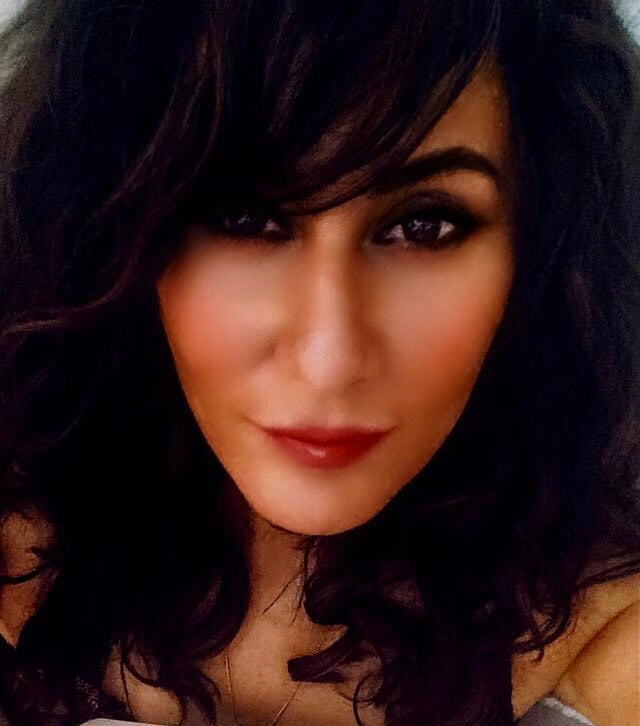
Does the lack of willingness to identify with getting old contribute to perpetuating ageism? And for women is ageism plus sexism - a double whammy
Laura MarianiShare
The PeopleAlchemist Edit: change & transformation, business & lifestyle experimentation for TheWomanAlchemist
Does the lack of willingness to identify with getting old contribute to perpetuating ageism? Of course, and for women is ageism plus sexism—a double whammy. Last month I covered Simone de Beauvoir as #TheWomanAlchemist feature for January. So, me being me, I started to read and re-read her books. In the very famous The Second Sex, Beauvoir illustrated how the idea that women are essentially different from men might explain the oppression of women. Women as imperfect men. In this fundamental thesis, women have historically been considered faulty and deviant compared to men. This month I'm re-reading Old Age by Simone de Beauvoir as part of my four-book on the go every month. But this time, the controversial topic is old age. Better still, the treatment of older people.OLDER PEOPLE AS SECOND-RATE PEOPLE
Beauvoir applies the same theory of women in her work The Coming of Age (Old Age) to explain the oppression of older people. Another class of second-rate people. It made me sad to think that its analysis/theory is still applicable today. Even more so as a woman who's growing (hopefully) old. And the question popped up in my mind.The oppression of the elderly derives partially from a loss of status. Going from being seen and treated as responsible adults to becoming dependent objects. The exclusion that older people are subjected to is so pervasive that it affects our future selves. As a result, we struggle to identify with the elderly or getting 'old'. Old age only concerns others. Precisely because the elderly are associated with this otherness. Of course, this is pure and simple self-deception. We are open to unwarranted discrimination when we fail to see people as equals. If we had identified with the elderly, we would not have accepted age discrimination and ageism. Just think about that for a second.Does the lack of willingness to identify with getting old contribute to perpetuating ageism?
AGEISM PLUS SEXISM
Older women face yet another layer of alterity. Ageism comes in addition to sexism. I know, bummer. Women's experience of growing old differs from most men's, though. Some persistent sexist myths dominate this phase in women's lives. One of the reasons behind the stigma of menopause is that women's potential fertility is connected to ideas of sexual attractiveness. When women are no longer fertile, they are defined "out of lust" through cultural myths. However, if we disregard that a few people may consider this a relief, this is primarily connected to many women's frustration, anger, grief, and loneliness. Various types of stigmatising and discrimination affect older women. But women's worth is still defined by beauty and youth. And sexuality is connected to both factors.THE BEAUTY DICTATORSHIP
Men's loss of status is more related to a sudden loss of productivity. For women, the loss of status is also associated with the 'beauty's dictatorship' women have lived under. If you don't believe me, you just need to look at the flourishing beauty/anti-ageing/looking forever young industry. I rest my case. Simone de Beauvoir wrote about gender and ageing at a time in history quite different from modern society. Or was it?
Her analyses are very relevant because they refer to individual and particular examples. They draw common human and universal aspects of human life. And contain insights that we can learn from when we encounter ethical and political challenges today. 'Old' does not mean 'outdated' or 'useless'. Not necessarily. Or always.
Resolving the relationship between generations is as crucial as the relationship between the sexes. If we are lucky, we will get old one day for sure. The alternative is less pleasant. We need to reframe our relationship with old age. Additionally, we need to get to grip on the underlying reasons behind ageism. And how gender, class, and other conditions work together with age. Is this relevant for business? Indeed. I've yet to see anyone in any company, anywhere, ever describe or hire people over 50s for their potential. Or to "grow" with companies. Why is that? And it is only recently that menopause has become an open topic for discussion. There is still a long way to go. However, recognising where we are is a start. Rant over.





